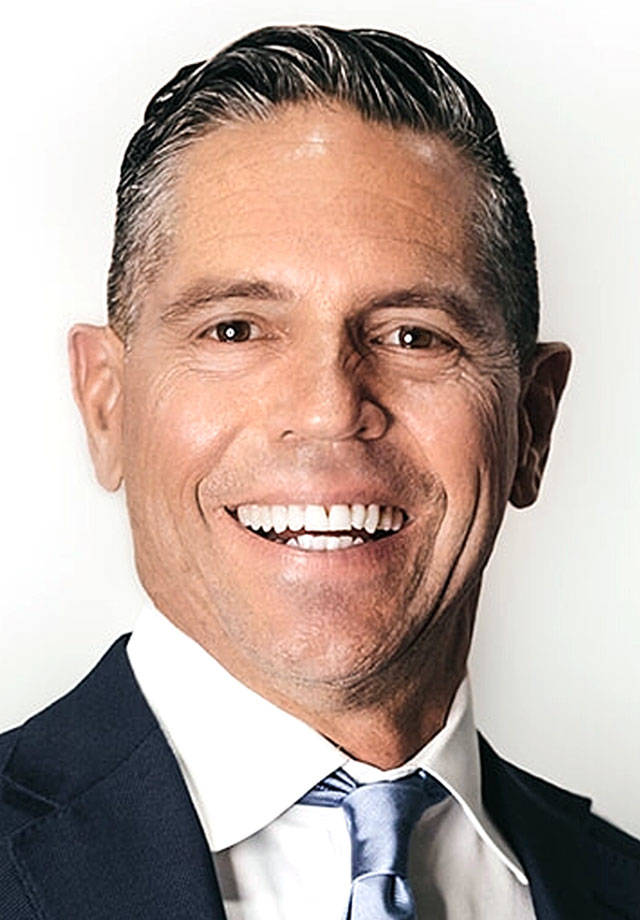Tech company owner Peter Rex had seen enough. In late June, The Wall Street Journal published his goodbye letter to Seattle. He was on his way to Texas, citing politics and “a loss of freedom” for him and his dozens of employees. On the heals of the Capitol Hill Occupied Protest (CHOP) and the fallout from it, it surprised almost no one.
He is not alone in his reaction to the current circumstances. Reports of shorter-than-normal lease renewal terms in Seattle office space the past two months are indicators that others are considering following his lead as they struggle to coax their employees back. They proved they can work from home safely and effectively. Christopher Lee of CEL Associates forecasts that 40% to 55% of work formerly performed in an office building will be done remotely by 2025. Office space will transform into more collaborative space, he postulates.
For regions like Snohomish County, this all may be good news because the most likely landing place for these businesses and the jobs they bring are the suburbs around Seattle. Smaller cities even farther out — like Chelan, Wenatchee, Cle Elum and Ellensburg — may now be a good fit for people looking to start a new life as the high cost of urban living squeezes them.
Real estate experts across the country are nearly unanimous that we can expect meaningful structural change in many other forms. People are re-prioritizing their lives. They have new ideas about where to live and work, how to shop and what they consume.
Previously drawn to smaller apartments in mostly urban settings, for example, millennial renters were already looking to the suburbs as household sizes grew. Now they are looking for larger units, explained Lee Menifee, PGIM Real Estate’s head of Americas Investment Research, in an interview with GlobeSt.com. “With COVID and the response to that, work at home, at least part of the time, may become more common. To do that comfortably definitely requires more space.”
The director of Western Washington University’s Center of Economic and Business Research, James McCafferty, is focused on our bruised psyche to track what might be coming our way. The speed of so much coming at us so quickly triggers fear, he explained in a June webinar, “where demand shock from closing stores is laid against supply shock from people not being allowed to patronize them.”
If it feels like you’re pumping the pedals but not sure where you’re going, you’re not alone. Albert Einstein once said, “Life is like riding a bicycle. To keep your balance, you must keep moving.” Where that movement leads us is still somewhat unclear just now, but it’s looking like the suburbs — until Seattle can heal itself and lure people back.
Occasional contributor Tom Hoban is chairman and co-founder of Hoban Family Office, a real estate investment and services enterprise in Everett.
Talk to us
> Give us your news tips.
> Send us a letter to the editor.
> More Herald contact information.
























